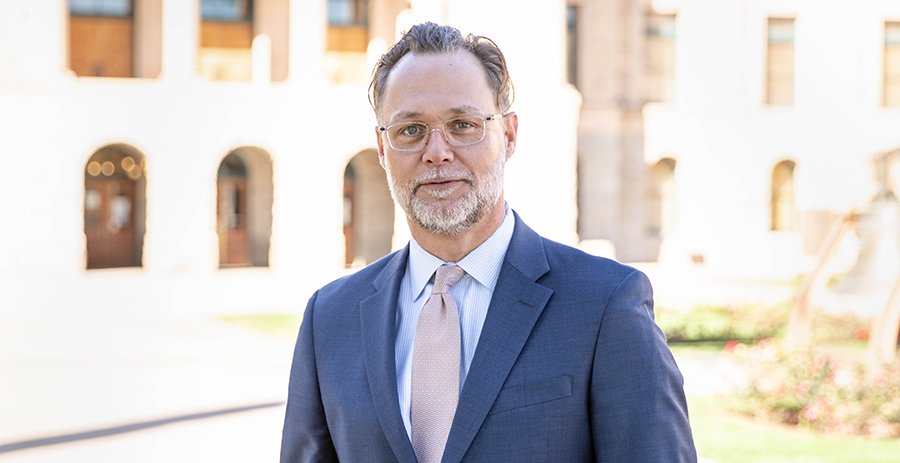Business
Kurt Altman: The Conservative Powerhouse Shaping Criminal Defense and Public Policy

Kurt Altman, owner of Altman Law and Policy, engages in a wide array of legal battles across state and federal levels. Over the past year, he has represented an indicted Cochise County supervisor for failure to certify an election in a timely manner, while also defending a Trump ally in an ongoing electors case. In the backdrop of these high-profile cases, Altman lays the groundwork for impending criminal justice reform initiatives in the next legislative session.
Reflecting on his career, Altman highlights the intersection of his legal and lobbying work, which shapes his passion for criminal justice reform.
“Many people struggle to recognize the duality of my professional identity,” he notes. Altman has provided legal representation to lawmakers, drafting letters and addressing lawsuits, while also engaging in discussions about policies ranging from criminal justice to healthcare. “My workload is diverse; I’m constantly finding ways to tackle new challenges.”
When asked about the impact of his legal experience on his lobbying efforts, he emphasizes the credibility it affords him. “Having been involved in both sides of criminal justice allows me to offer real insights into how the system functions,” he clarifies.
Criminal justice reform remains his chief interest. Altman suggests that many overlook the complexities of this arena, associating it predominantly with liberal perspectives. “It’s critical to distinguish between violent offenders who warrant societal protection and the lower-level offenses that disproportionately affect lives,” he asserts.
He compares the need for improvement in the criminal justice system to ongoing developments in tire manufacturing, citing a $2.2 billion budget for corrections in Arizona and questioning the return on investment given a 62% recidivism rate. “Just throwing money into the system isn’t yielding tangible results,” he contends.
Altman takes pride in advocating for important reforms. “One of my early successes involved changing civil asset forfeiture laws. It always felt un-American to seize property without due process.” He recalls a case that exemplified the issue, where a mother pleaded for her car’s return after her child was caught driving with marijuana.
In 2017, significant reforms were enacted to ensure that forfeiture wouldn’t occur without a criminal conviction, which enraged some law enforcement officials but underscored his belief in fairness.
Looking ahead, he highlights the Arizona Judicial Discretion Act, aimed at empowering judges with more flexible sentencing options. “Our system currently lacks the capacity for individualized sentencing, especially with the absence of parole,” he explains.
When pitching criminal justice reform in the Arizona Legislature, Altman recalls initial resistance. “Early on, I faced skepticism, as some viewed it as leftist ideology. Yet, my conservative clients helped bridge understanding,” he recalls.
He believes that the focus on compliance and efficiency in government spending must shift to real accountability in funding law enforcement. “When I frame it in terms of return on investment, I often pique interest,” he notes.
Throughout his journey, he’s learned that policies deeply affect real lives. “The law is fundamentally a human business, and it’s vital to keep that perspective,” he urges.
Altman reflects on his defense work for political figures, such as Cochise County Supervisor Peggy Judd, indicating that such cases might not have emerged in a less charged political climate. “The resources spent on these politically motivated cases detract from more pressing criminal matters,” he explains.
As he shares personal details, Altman reveals his practice of Brazilian Jiu Jitsu, which he claims helps ground him amidst his hectic schedule. “Despite my age, this discipline pushes me physically and mentally, offering clarity in turbulent times,” he adds.
Looking to the future, Altman contemplates retirement but emphasizes a commitment to continue fostering positive change. “Politics isn’t my goal, but I genuinely hope to leave a meaningful impact,” he concludes.

















